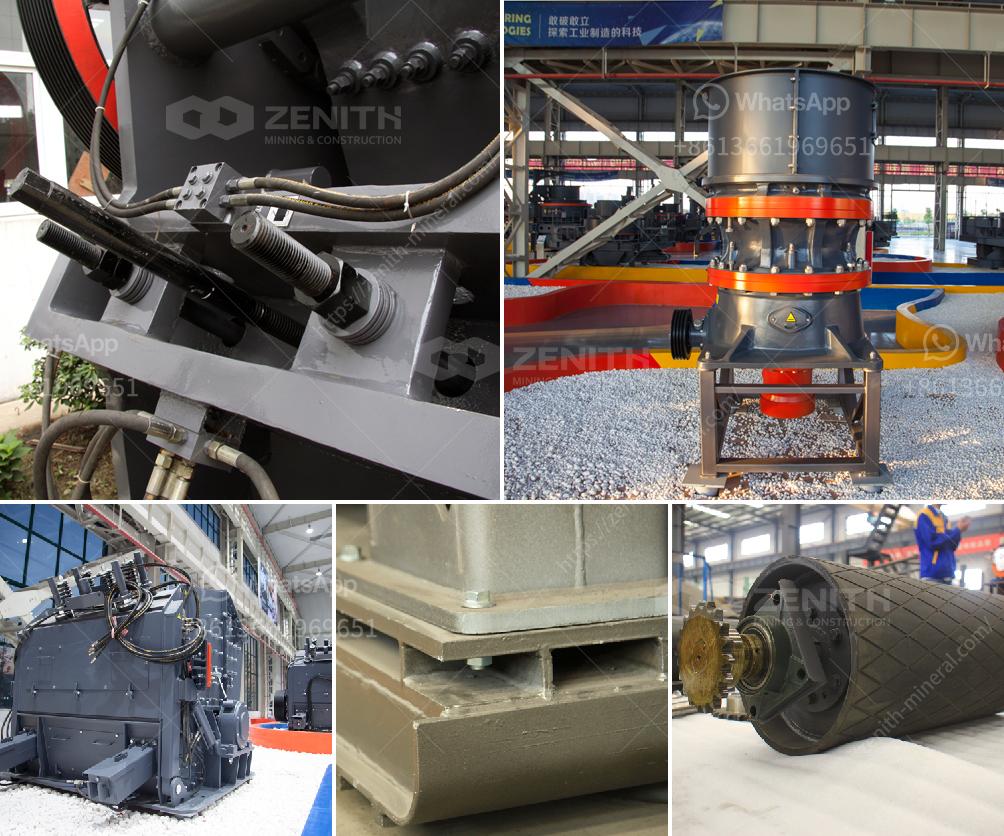Setting up a mobile stone crusher in Orissa, or any other region, requires adherence to specific guidelines and regulations to ensure environmental sustainability and compliance with local laws. Here are some key guidelines to consider:
-
Legal Permits and Compliance:
- Obtain necessary permits and licenses from the local authorities, such as the Pollution Control Board (PCB).
- Ensure compliance with the Environmental (Protection) Act, 1986 and other relevant regulations.
-
Environmental Clearance:
- Conduct an Environmental Impact Assessment (EIA) if required.
- Get environmental clearance from the State Environmental Impact Assessment Authority (SEIAA).
-
Location Approval:
- Choose a site that is approved by the local governing bodies.
- Ensure the location is not within eco-sensitive zones, forest areas, or close to any waterways.
-
Site Selection Criteria:
- The site should have adequate space for the operation and storage of materials.
- Accessibility to transportation routes for easy movement of raw materials and finished products.
-
Dust and Noise Control Measures:
- Install appropriate dust suppression mechanisms like water sprays and dust extraction systems.
- Implement noise control measures to minimize the impact on nearby communities.
-
Safety and Health Regulations:
- Provide safety gear and training for all workers.
- Implement measures to handle emergencies and ensure the well-being of the staff.
-
Waste Management:
- Develop a proper waste management plan for handling the by-products and waste materials.
- Ensure safe disposal or recycling of waste generated from the crushing process.
-
Water and Power Supply:
- Ensure an adequate and reliable supply of water for dust suppression and other processes.
- Ensure a consistent power supply for the operation of the machinery.
-
Compliance with Local Zoning Laws:
- Ensure the project complies with the local zoning laws and land use regulations.
-
Community Engagement and Social Responsibility:
- Engage with local communities and stakeholders to address any concerns.
- Contribute to local development and adhere to corporate social responsibility (CSR) guidelines.
It is advisable to consult with local authorities and a legal expert to ensure that all regulations and guidelines are thoroughly adhered to.


